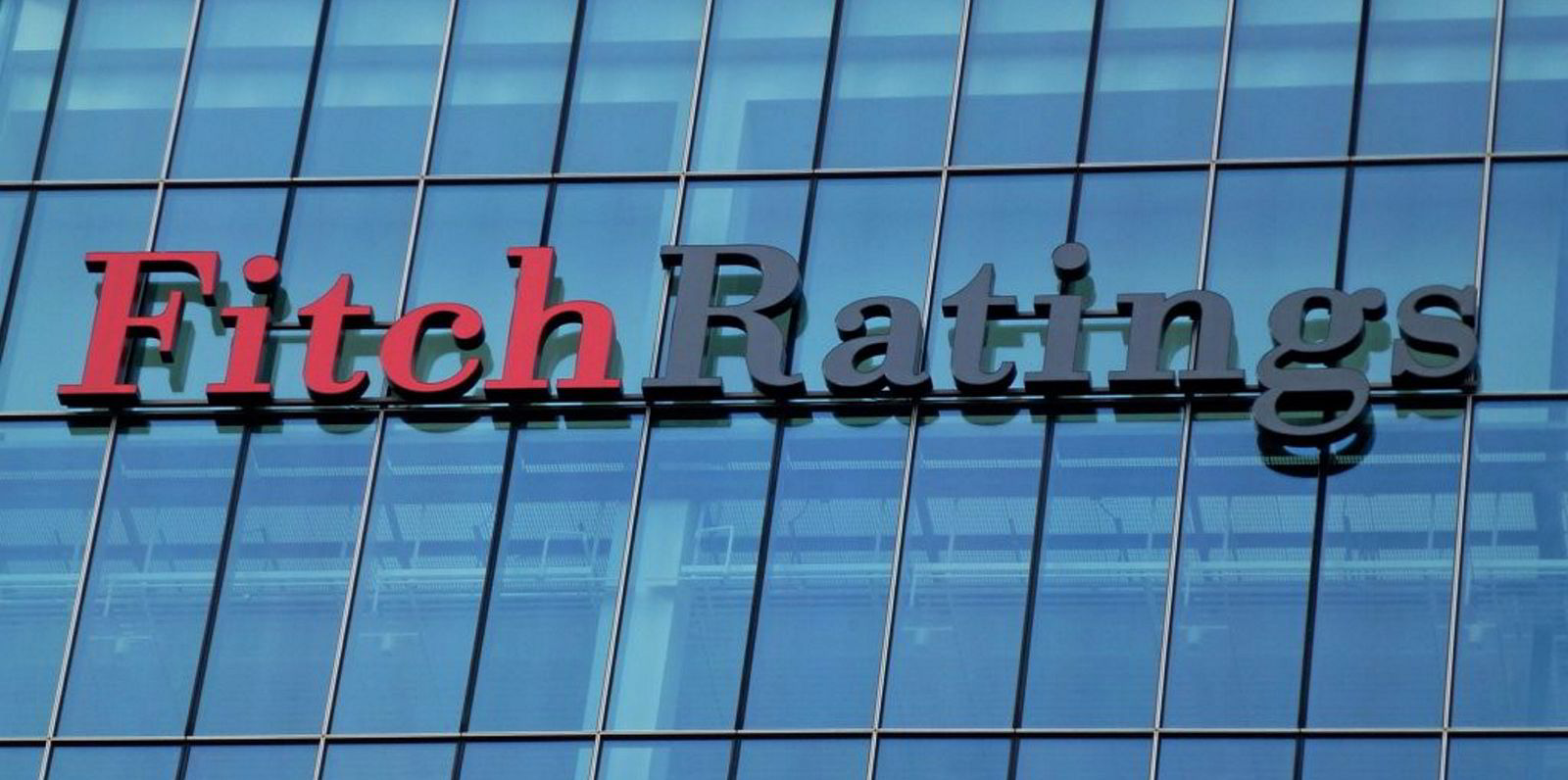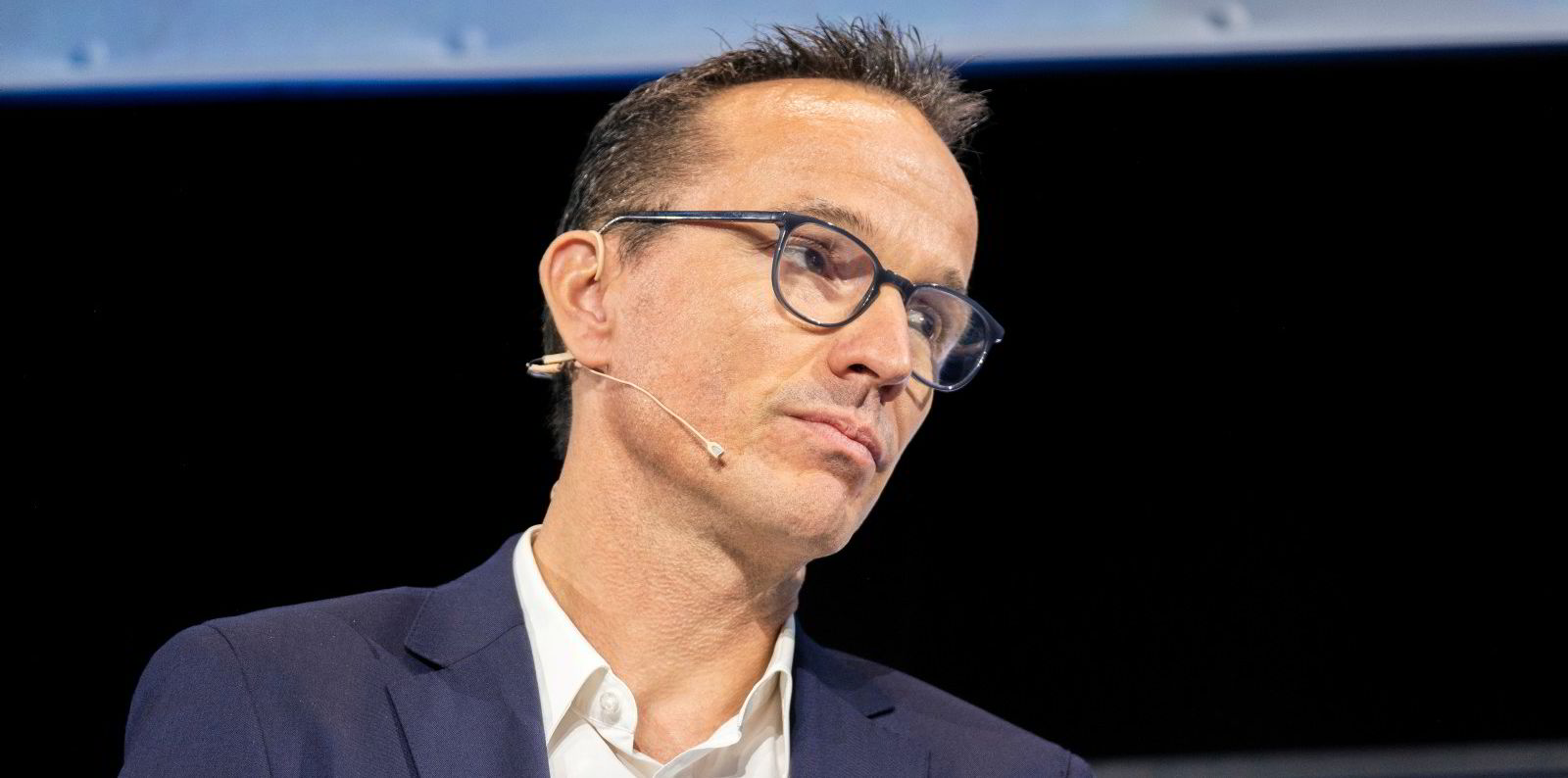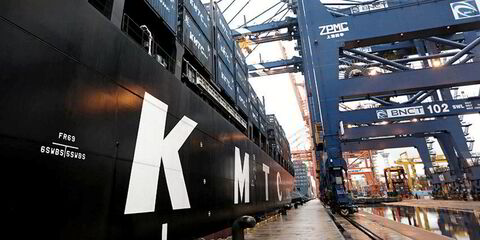Shipping could make up 10% of global carbon emissions if it stays on its present path, according to a new report by Fitch Ratings.
But the US rating agency’s analysts said industry fragmentation and its low public profile keep decarbonisation on the back burner.
The conclusions were part of a report calculating the transportation sectors’ long-term climate vulnerability scores that ranked shipping only to aviation for its exposure to climate risks.
Shipping made up just 2.9% of global greenhouse gas emissions in 2018 and remains the least carbon-intense mode of transportation, but its share of global emissions is predicted to grow.
“We estimate shipping could contribute around 10% of global carbon emissions by 2050 under a business-as-usual scenario where no adoption of new regulations that have an impact on energy efficiency or carbon intensity is assumed,” Fitch said.
Shipping’s fragmentation makes it difficult to get consensus, and its lower profile means it faces less pressure from the public.
Decarbonisation remains a secondary issue for shipping also because of the industry’s heavy debt load and low margins, Fitch said.
Fitch concluded that shipping’s environmental regulations at the International Maritime Organization are less mature than other sectors, with looser targets.
“[The] IMO has not implemented any market-based offsetting measure to fill the gaps in emissions curtailment until technology, operations and infrastructure measures provide long-term solutions,” the ratings agency said.
And while the industry faces a low existential threat from climate change, efforts to achieve reductions in indirect emissions known as Scope 3 will involve the entire value chain, including shipping.
Fitch pointed to efforts in the European Union to require disclosure of Scope 3 emissions.

“We believe such an agenda will pressure the shipping industry to decarbonise sooner,” the ratings agency said.
Long-term decarbonisation will depend on a shift to alternative fuels, but Fitch said this is harder because shipping uses the lowest grade of refined fuel.
“[A] more harmonised policy move across the industry is required given the numerous alternative options with limited development in terms of technology and infrastructure, including bunkering facilities,” Fitch said.




